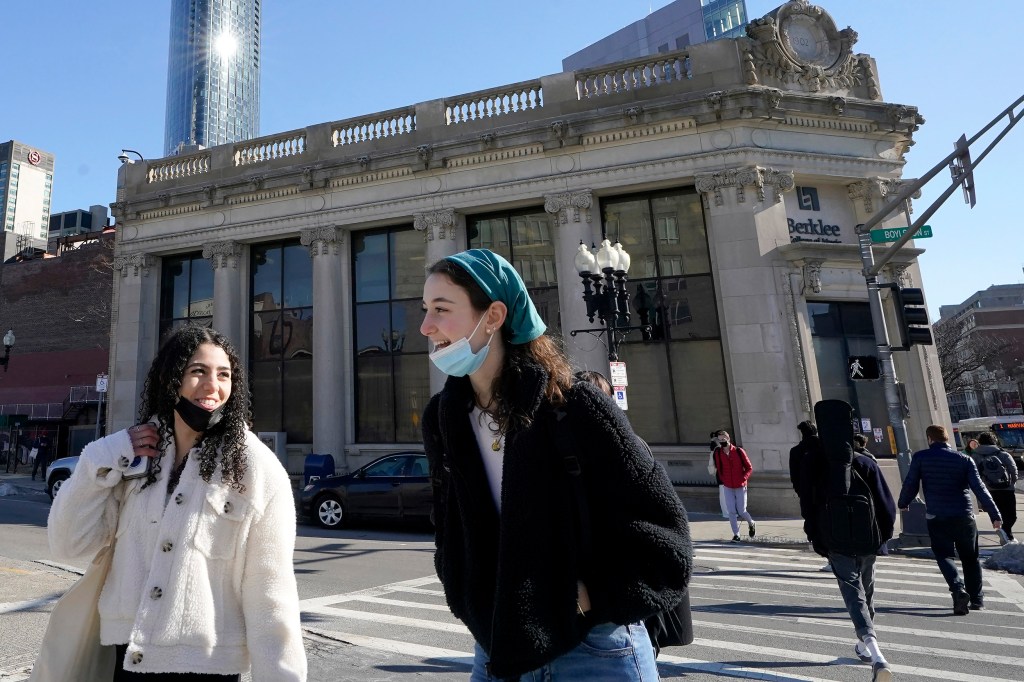The Coronavirus Update
-
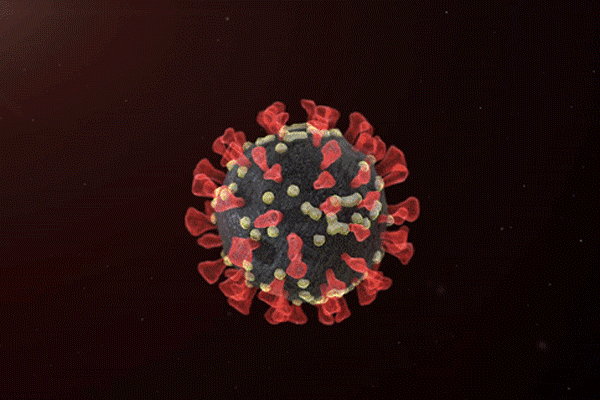 Science & Tech
Science & TechStaying ahead of virus mutations
EVEscape uses evolutionary and biological information to predict how a virus could change to escape the immune system.
-
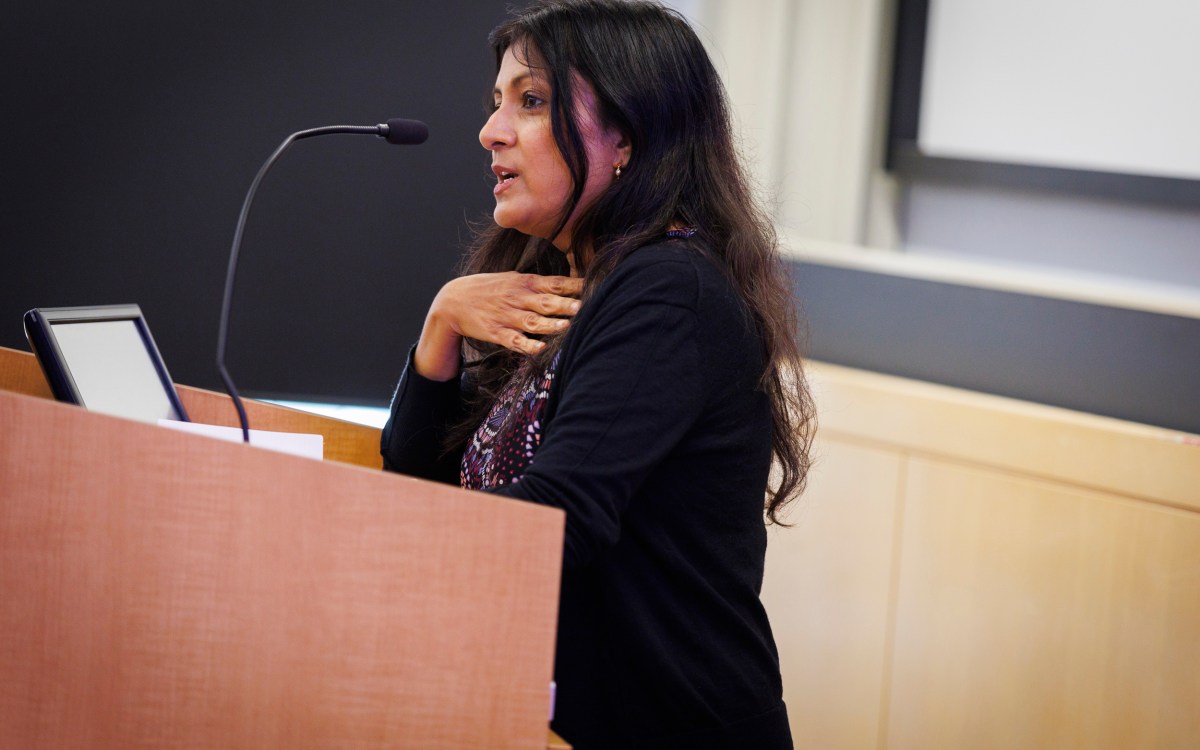 Nation & World
Nation & WorldHow federal missteps opened door to COVID misinformation
Anti-vaxxers, others benefited from mistrust engendered by early stumbles in messaging about virus, prevention, says New York Times health and science reporter Apoorva Mandavilli.
-
 Science & Tech
Science & TechA COVID cure worse than the disease?
Some worry a treatment that kills SARS-CoV-2 by helping it mutate could spawn a super virus. New research weighs in on its “evolutionary safety.”
-
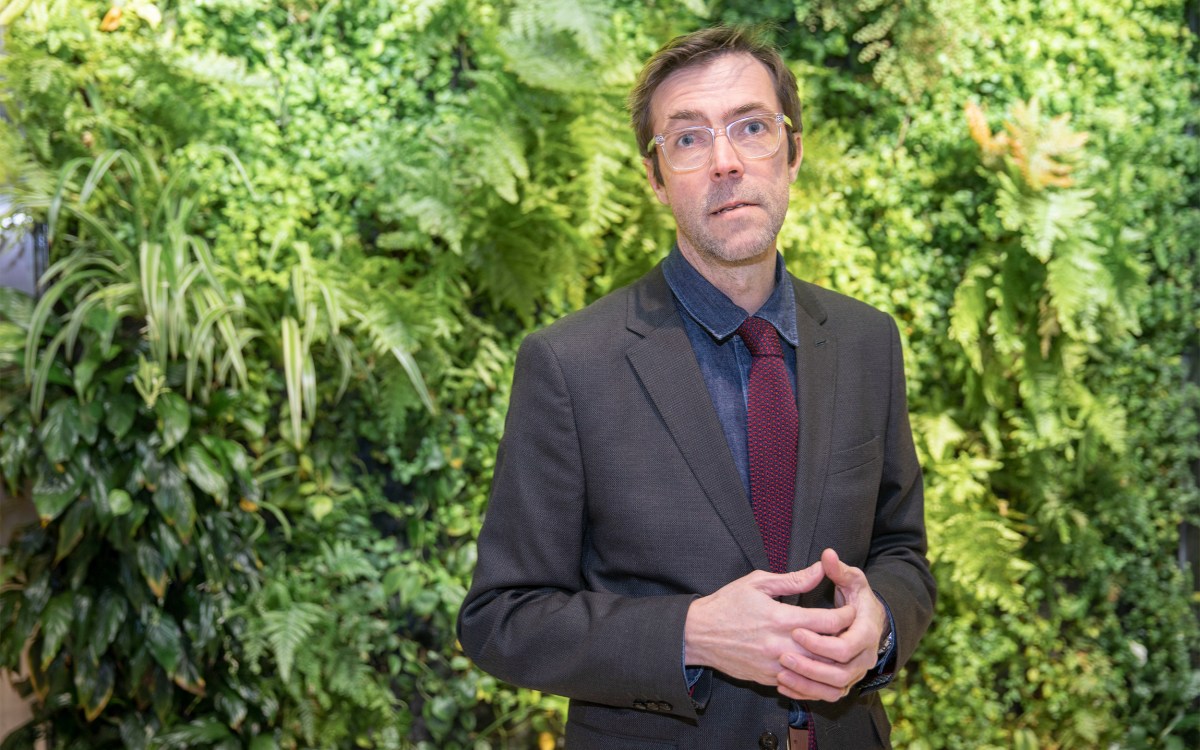 Health
HealthHow durable is your immunity?
William Hanage, an associate professor of epidemiology, talks about hybrid protection, vulnerability of older people, and the wisdom of Taylor Swift.
-
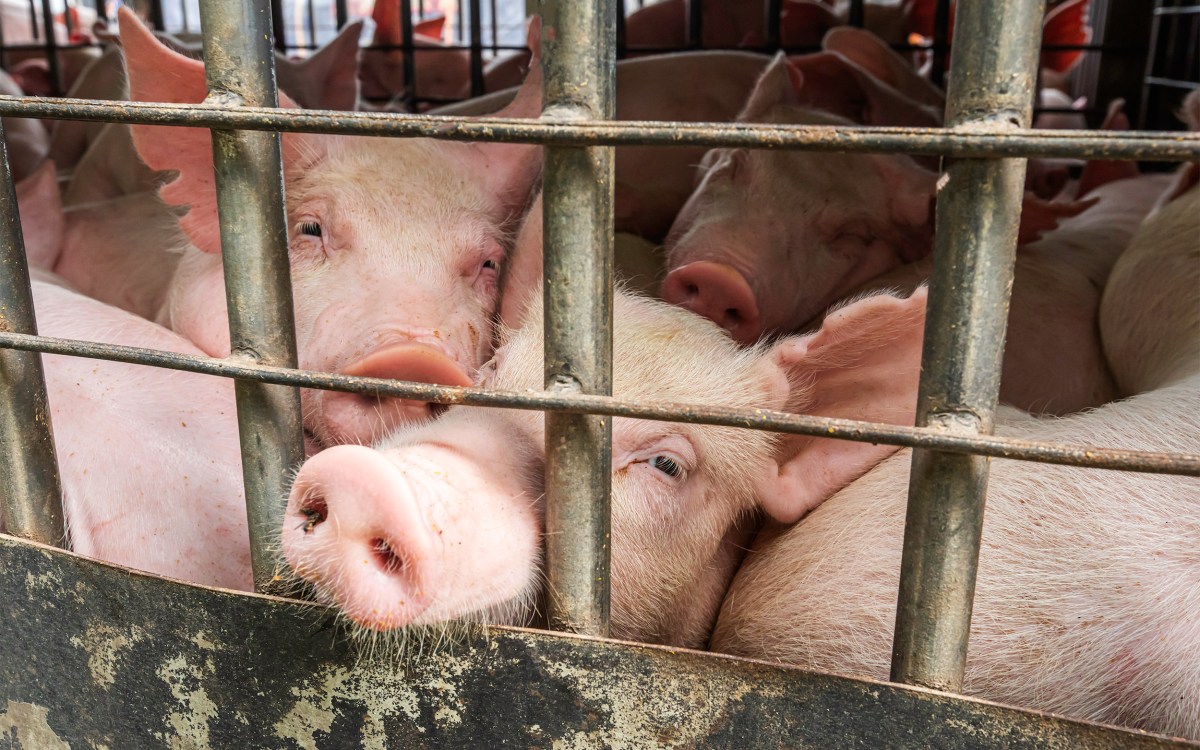 Health
HealthCOVID-19 came from animals. Why aren’t we working to prevent new scourge?
A new study suggests we are as vulnerable as ever to the emergence of another virus as deadly, or even more so, than COVID-19.
-
 Health
HealthDoctors not the only ones feeling burned out
Through a national survey, researchers identified prevalent work overload, burnout, and intent to leave health care professions among nurses, clinical staff, and non-clinical staff, including housekeeping, administrative staff, lab technicians, and food service workers.
-
Speaking from experience on what makes a global killer
COVID-19 isn’t going away, but one day may be as severe as the common cold, says epidemiologist Larry Brilliant.
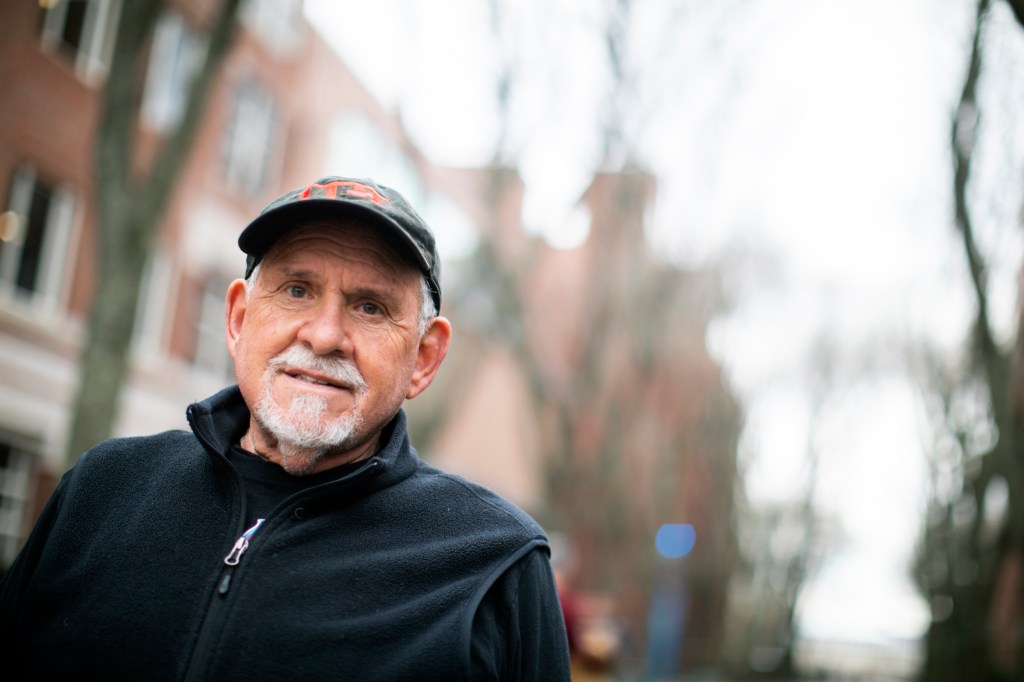
-
William Hanage on COVID lessons we haven’t learned
Harvard epidemiologist looks back and ahead.
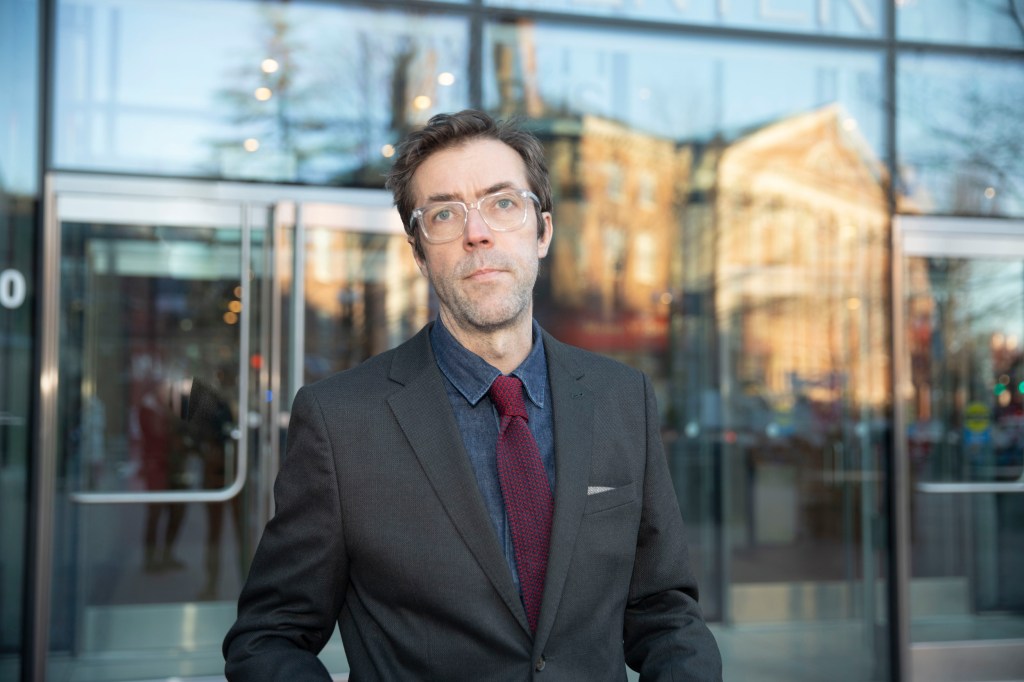
-
Lifestyle influences long COVID risk
Findings suggest that simple lifestyle changes, such as having adequate sleep and maintaining a healthy body weight could prevent long COVID symptoms.
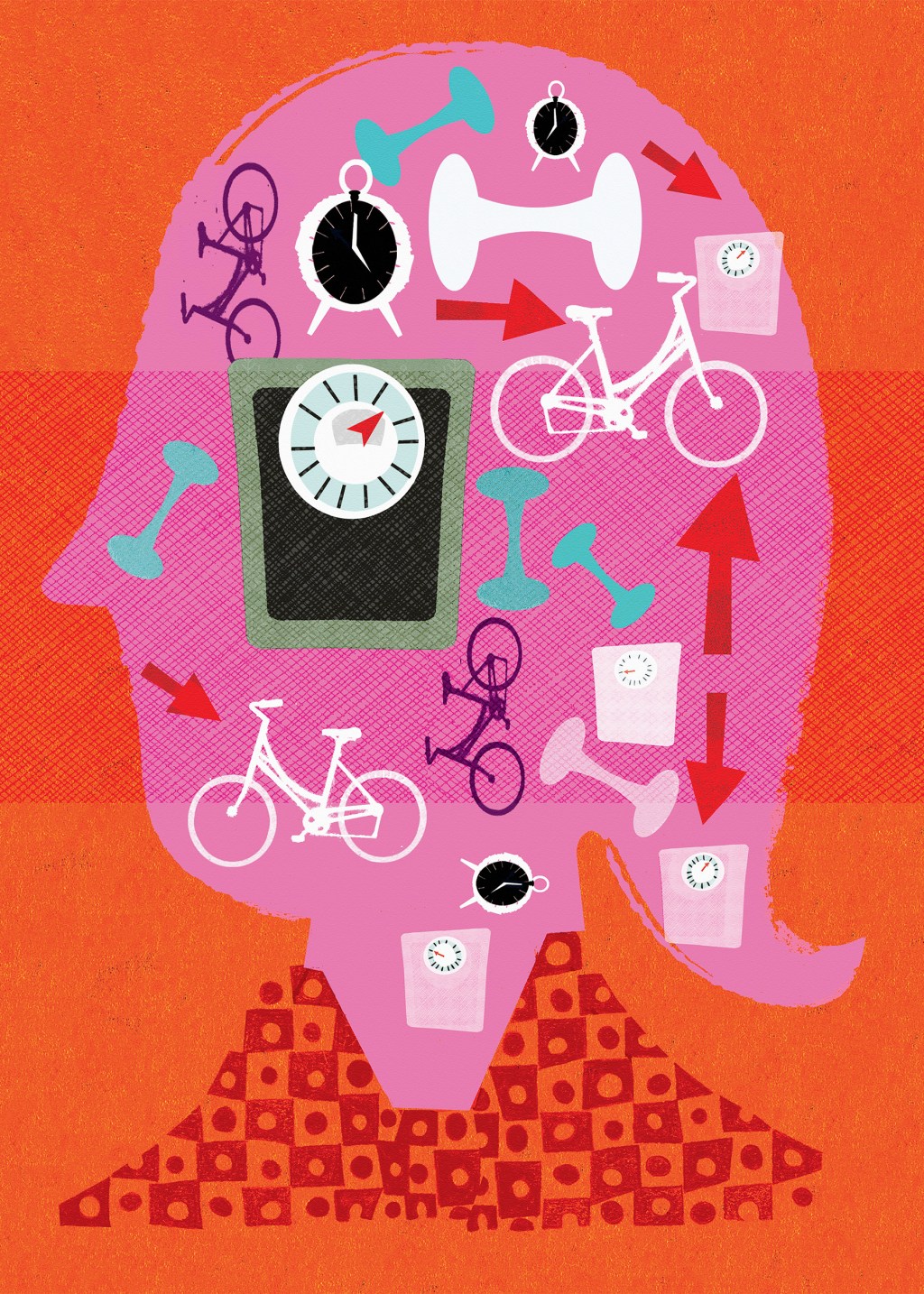
-
Measuring the power of vaccines
Scientists have designed a mathematical model that can predict COVID-19 vaccines’ effectiveness over the long term in healthy individuals and those who have cancer or suppressed immune responses.

-
Severe COVID-19 linked with brain aging
Researchers have linked the molecular signatures underlying brain aging with the cognitive decline observed in patients with severe COVID-19.
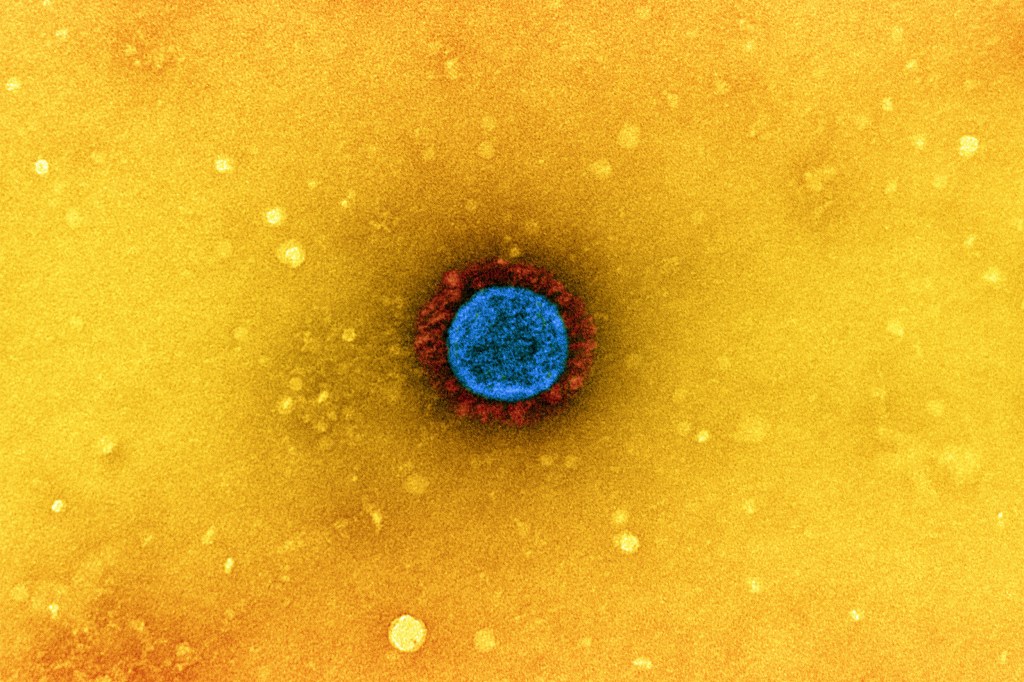
-
Study details better outcomes for Omicron BA.2 patients
A team led by investigators at Massachusetts General Hospital has determined that Omicron BA.2 is weaker than both Delta and the original Omicron variant.
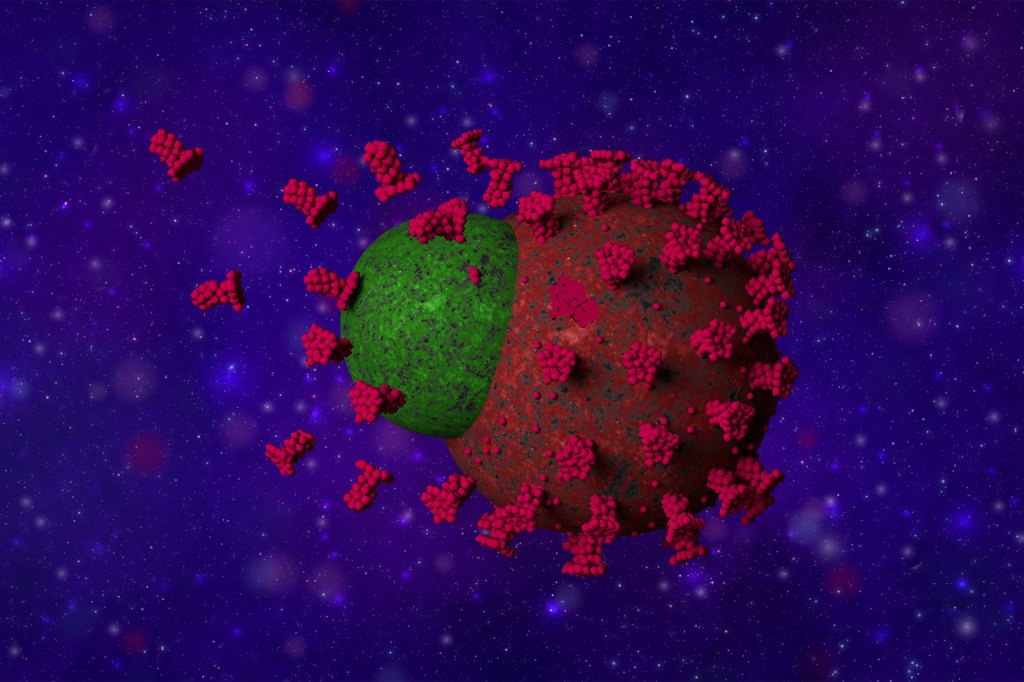
-
Is pandemic finally over? We asked the experts.
Harvard faculty discuss changes to views on school, work, winter’s likely surge, danger of “lethal inflexibility.”
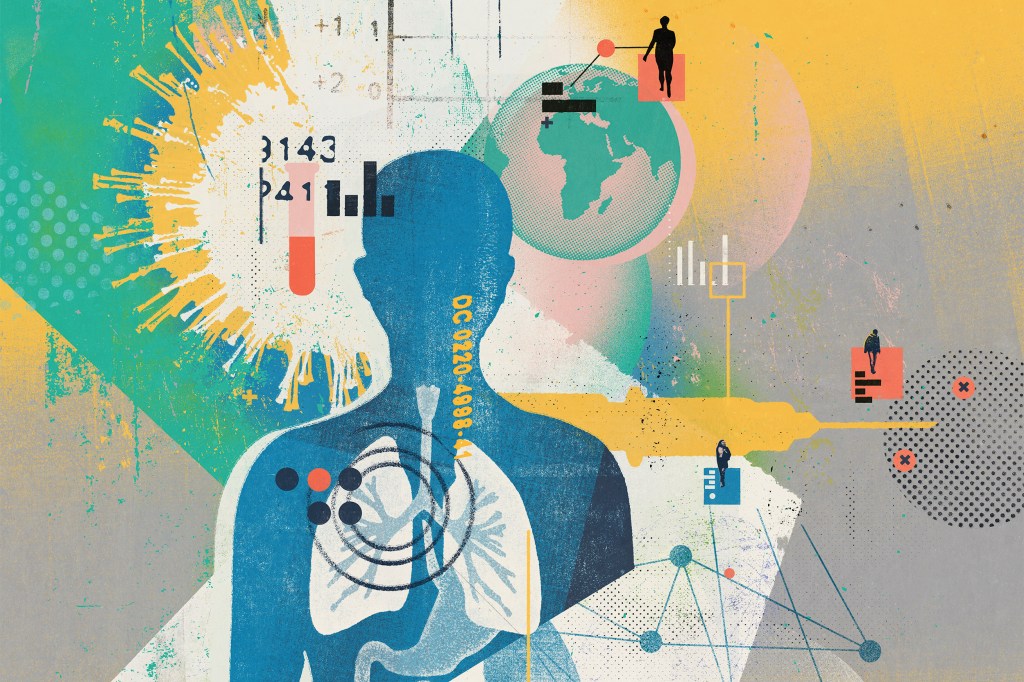
-
Does the world need COVID novels?
Too soon or an artistic imperative? Fiction writers reflect on the history, power, challenges of stories in which real life is a dominant character.

-
Psychological, not physical factors linked to long COVID
Depression, anxiety, worry, perceived stress, and loneliness measured before infection with COVID-19 were associated with up to 45 percent increased risk of developing long COVID.

-
Using AI as a pandemic crystal ball
MGH, Broad researchers develop Big Data tool that can predict which COVID variants will likely become dominant.

-
Racial discrimination during COVID led to rise in depression
Those who experienced discrimination early in the pandemic had increased odds of moderate to severe depression and suicidal ideation, compared to those who reported no discrimination.

-
Surgeries fail to return to pre-pandemic levels
Reductions in surgical procedures precipitated by SARS-CoV-2 have not fully returned to their pre-pandemic levels, resulting in severe backlogs and deferred surgeries.

-
Drivers who are frustrated, distracted, mad — and somewhat rusty
Traffic stats show that roadway deaths spiked during the pandemic. Can it be that we were not only distracted and frustrated, but also out of practice?
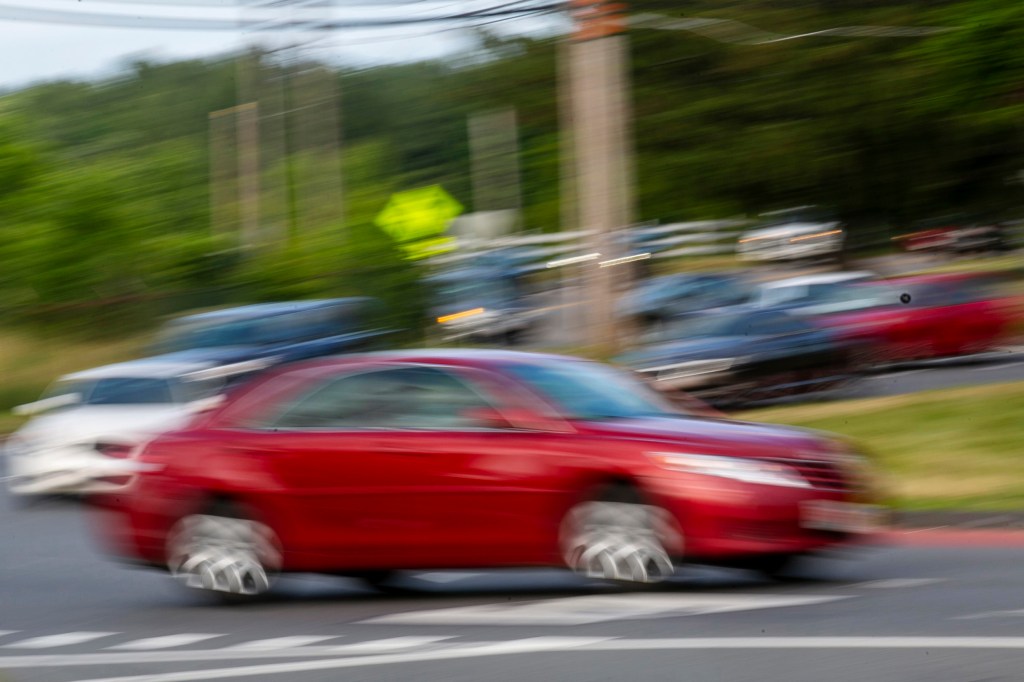
-
‘Shadow pandemic’ of domestic violence
Marianna Yang, a clinical instructor at the Family and Domestic Violence Law Clinic at WilmerHale Legal Services Center of Harvard Law School, discusses the rise of domestic violence during the pandemic.
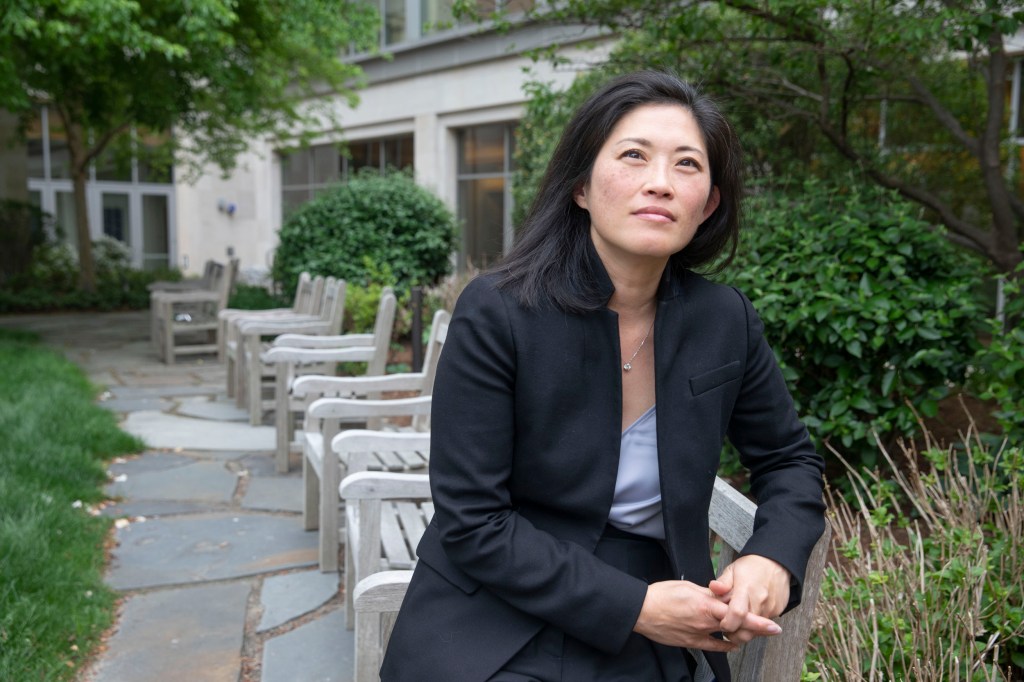
-
Sifting the damage of pandemic-era drinking
As studies signal serious health consequences, specialists scramble to treat acute cases and reinforce limits that define moderate use.
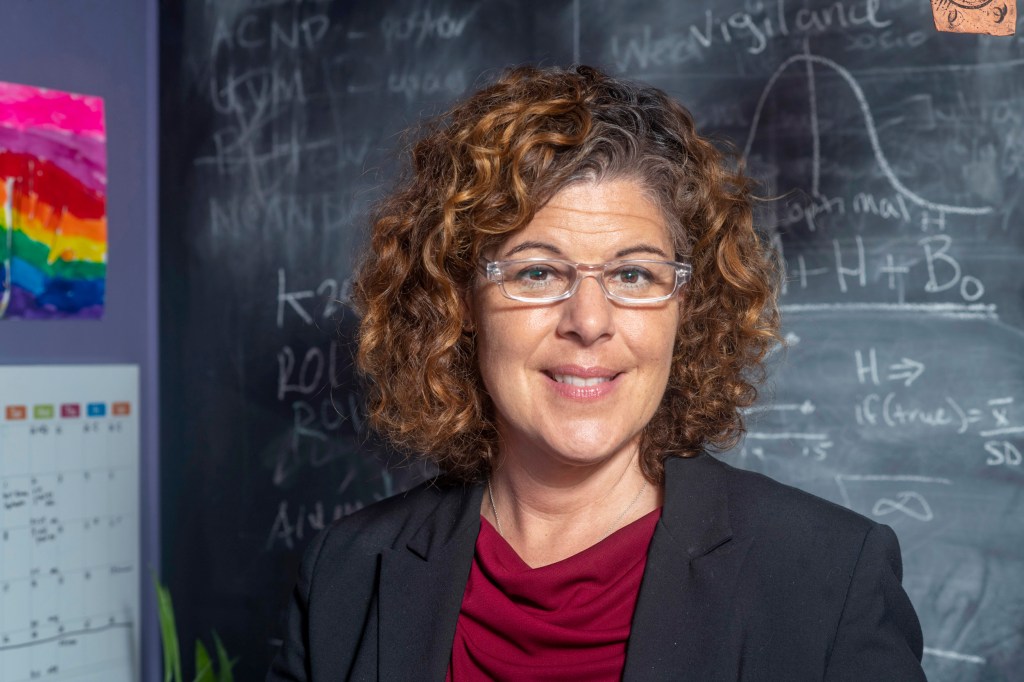
-
United by lockdown, divided by ‘Seinfeld’
For Harvard student Phiroze Parasnis and his family, isolated in Mumbai, time spent together made up for lost time.
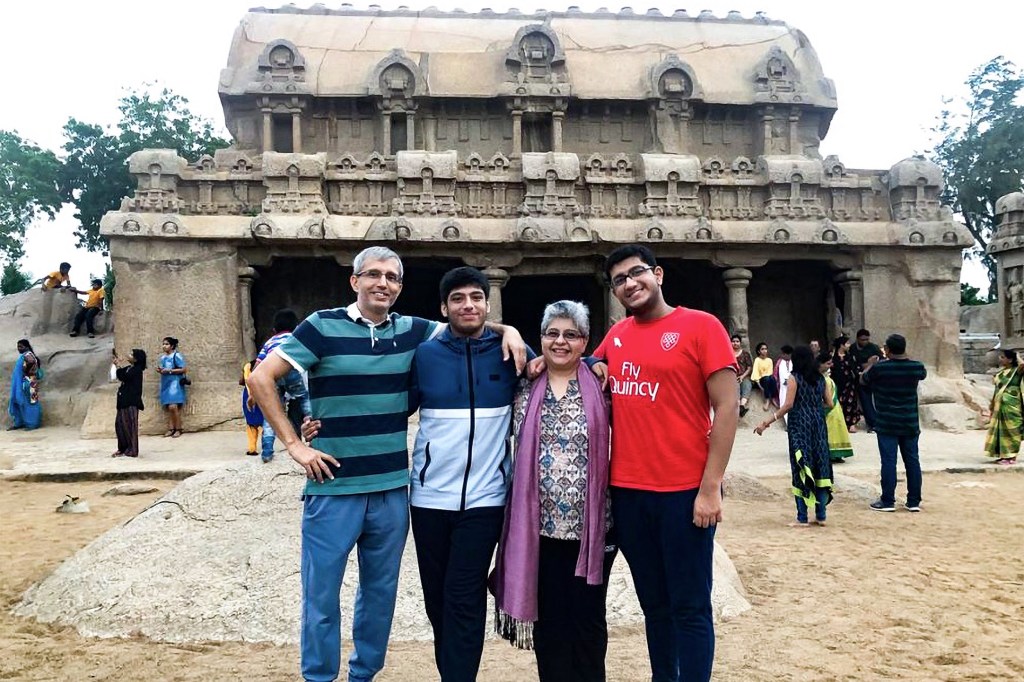
-
Don’t let latest COVID surge overshadow progress, says Hanage
Harvard T.H. Chan School of Public Health Professor William Hanage explains how to stay on guard against subvariants, noting role of protective measures in transition to new pandemic phase.
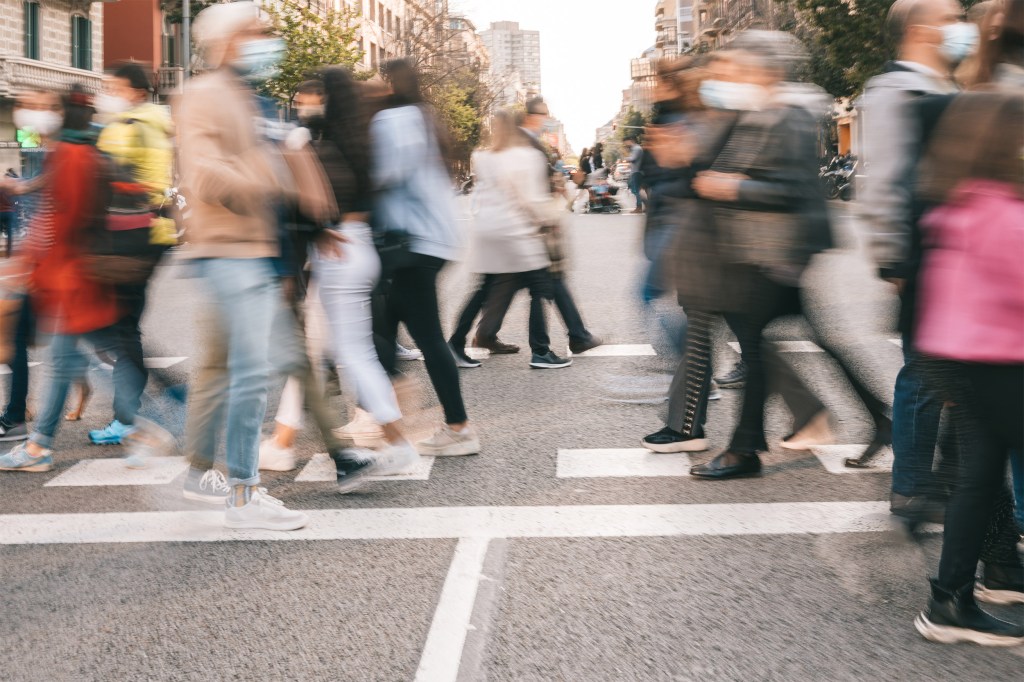
-
Good days, tough days
Anastasia Onyango, her nurse mother, rising first-year sister wrestled with COVID anxieties, cabin fever, reckoning over race — and brother’s board games.
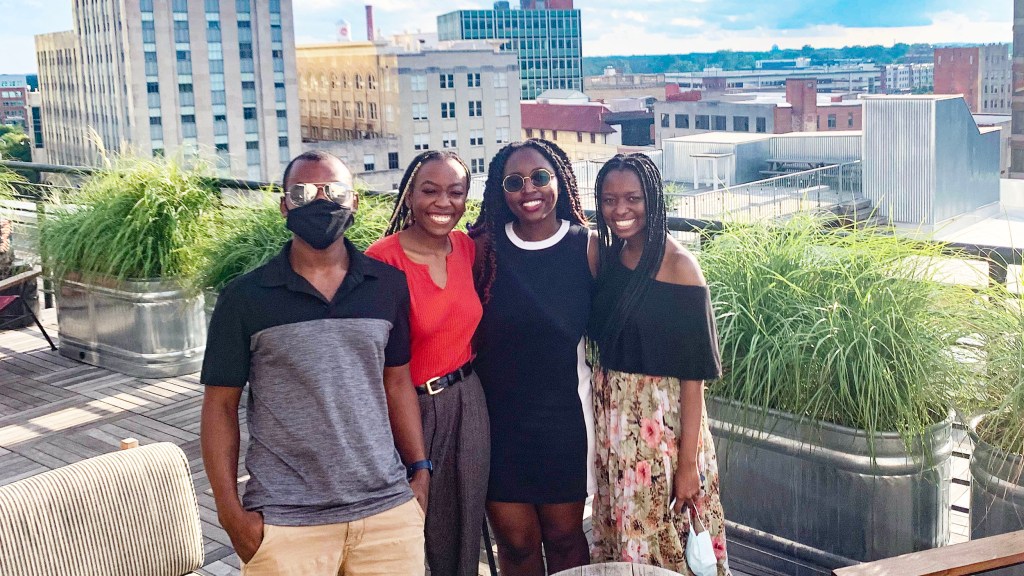
-
Getting through it together
Before COVID, a cancer diagnosis. Here’s how one Harvard student and his family grew closer even as the world seemed to come apart.
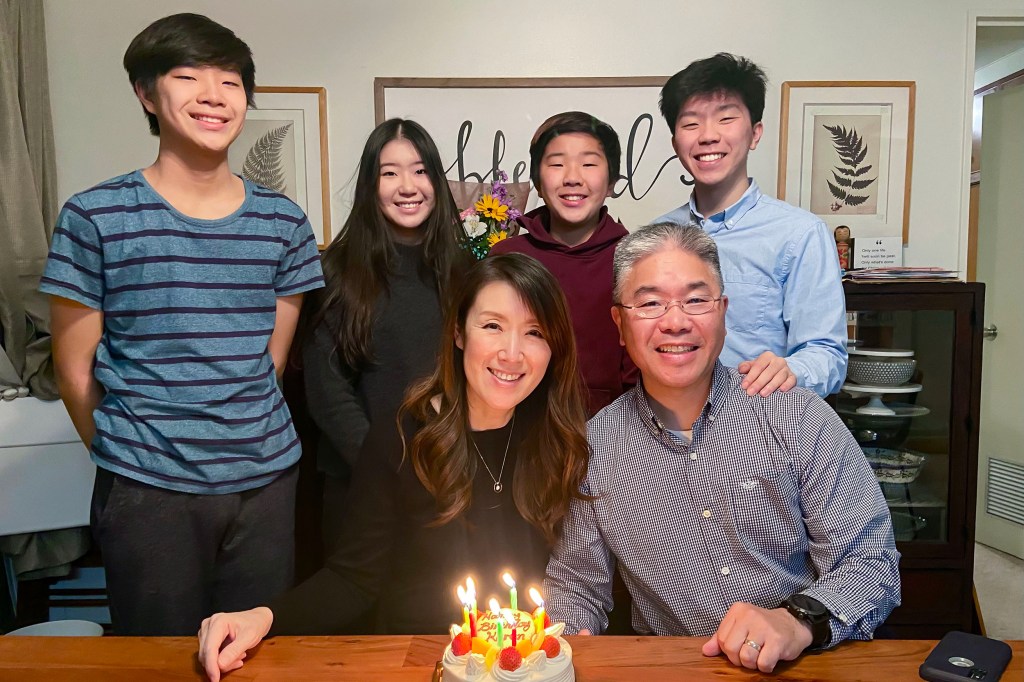
-
Subvariants cause for alarm, hybrid immunity hard to beat
Harvard scientists give their read on recent COVID data from the U.S. and South Africa.
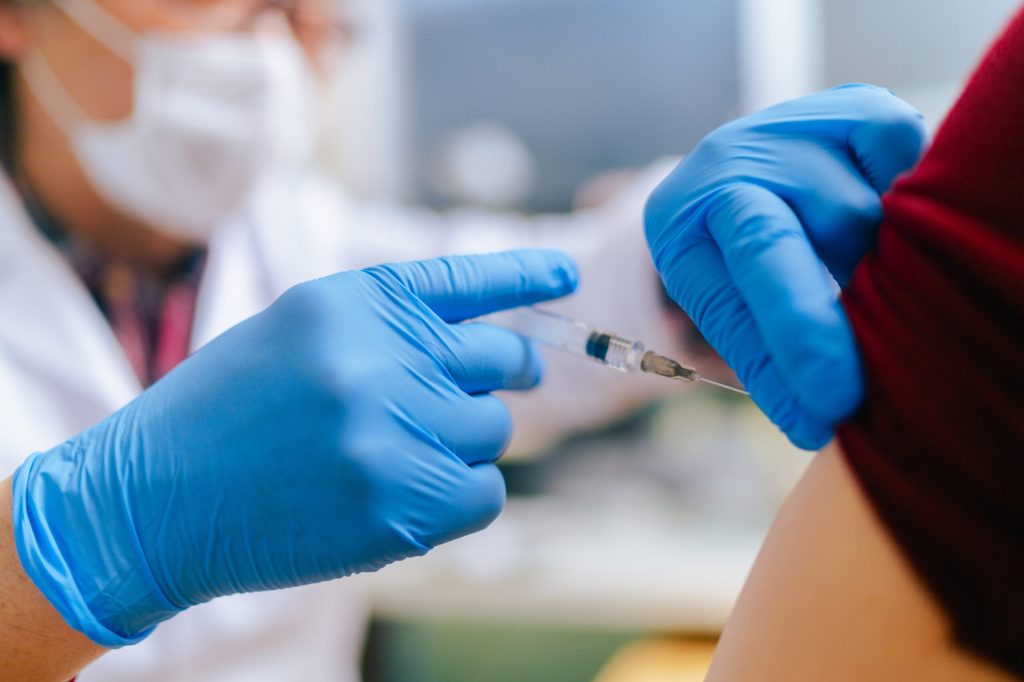
-
Harvard to transition to voluntary COVID testing
Coronavirus Advisory Group cites low campus rates of severe illness, hospitalizations, and a shift in pandemic phase.
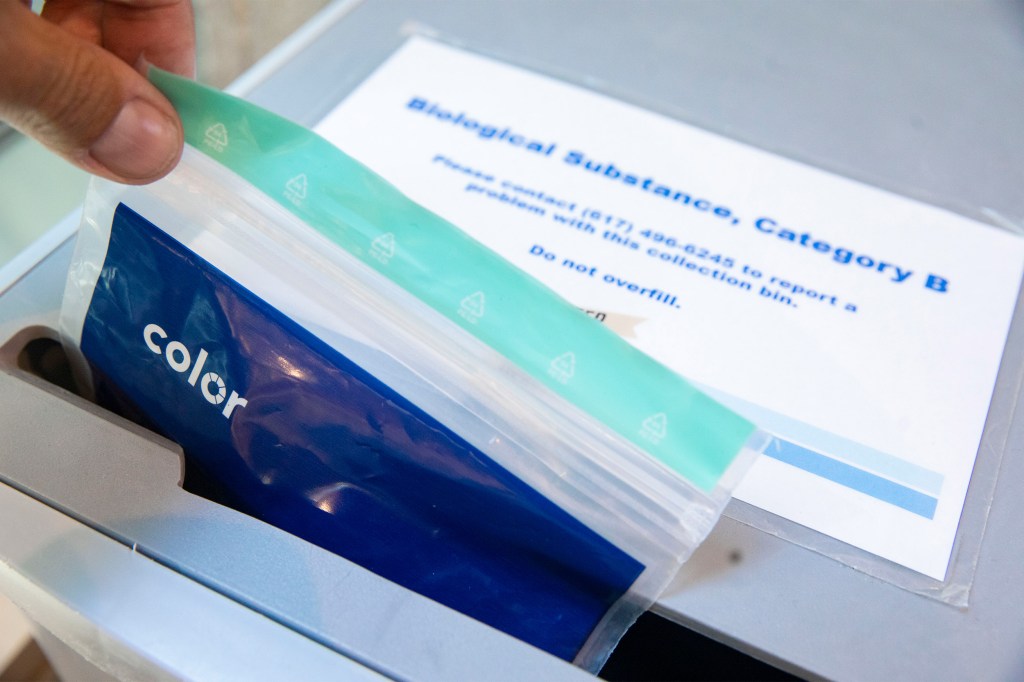
-
Snapshot of pandemic’s mental health impact on children
Psychiatric epidemiologist warns crisis too recent for conclusive results but shares some surprising, troubling early indications.

-
Cost of distancing may outweigh benefits for healthy adults
Harvard experts say loneliness, isolation raise risk of depression, anxiety, heart ills.
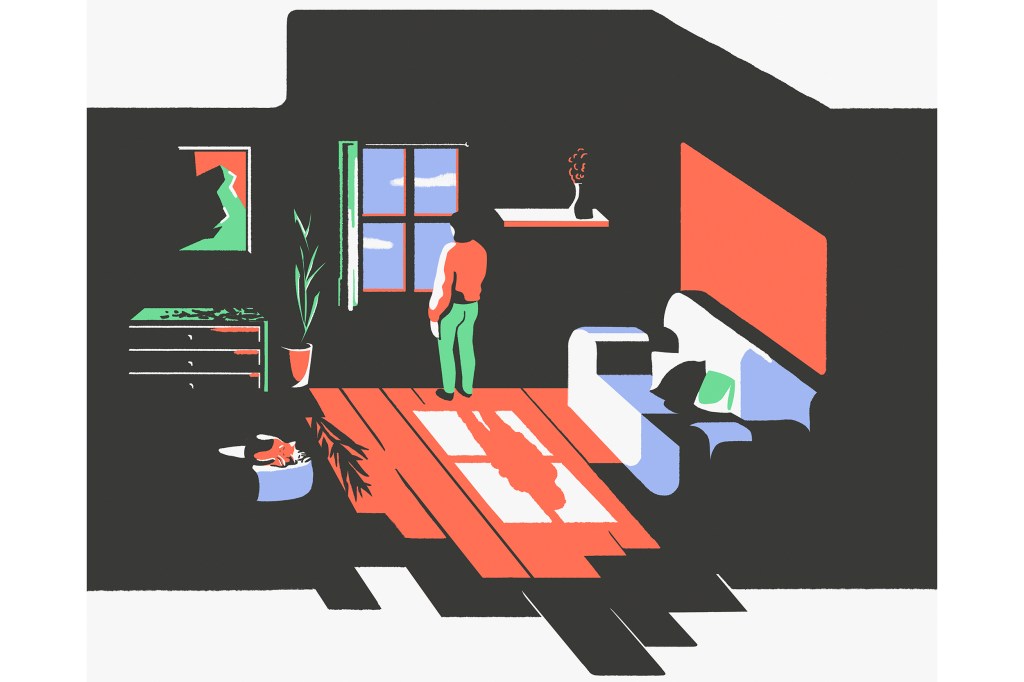
-
The price of a pre-pandemic lifestyle
Scientists conducted a simulation study that projected the future of the COVID-19 pandemic in every state.

-
Omicron subvariant taking hold, but so far, life goes on
Subvariant is rising in the region, but no sign of dramatic surge in cases that other nations have experienced.
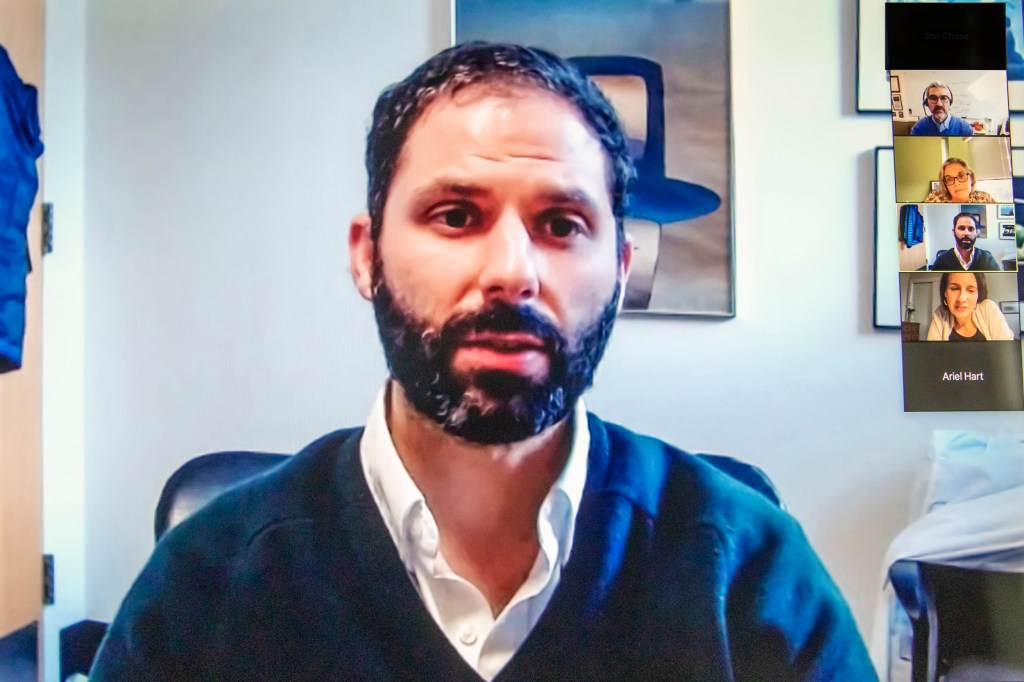
-
What’s behind post-COVID brain fog?
Experts trying to unravel why patients who recover from COVID-19 find they still have brain fog as part of their long COVID experience.

-
Does nerve damage contribute to long COVID symptoms?
Researchers have learned that nerve damage experienced by some long COVID patients may be caused by infection-triggered immune dysfunction, which is potentially treatable.
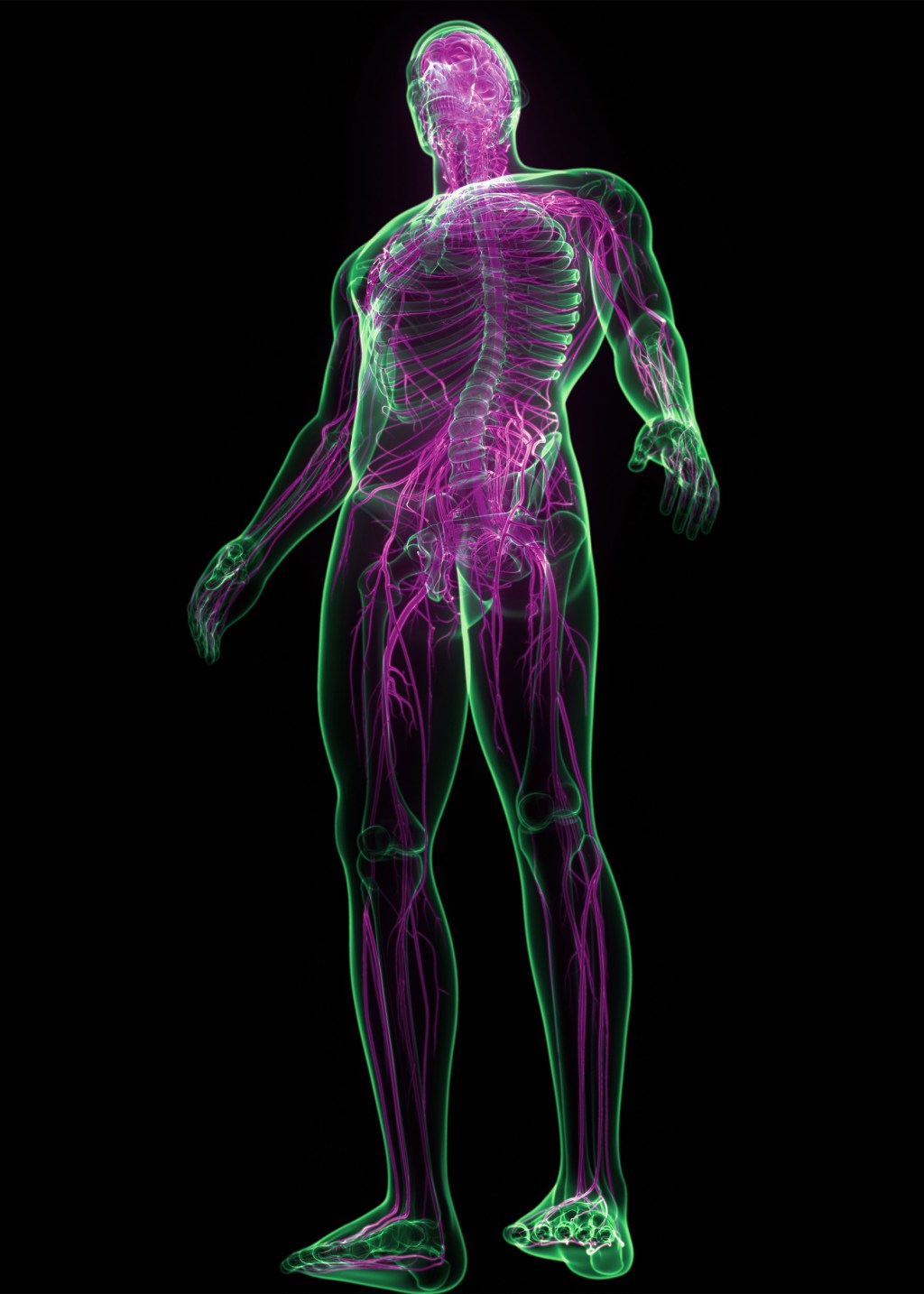
-
Brain inflammation may strike the uninfected
New study reveals that living through the COVID-19 pandemic may trigger brain inflammation that contributes to fatigue, concentration difficulties, and depression.
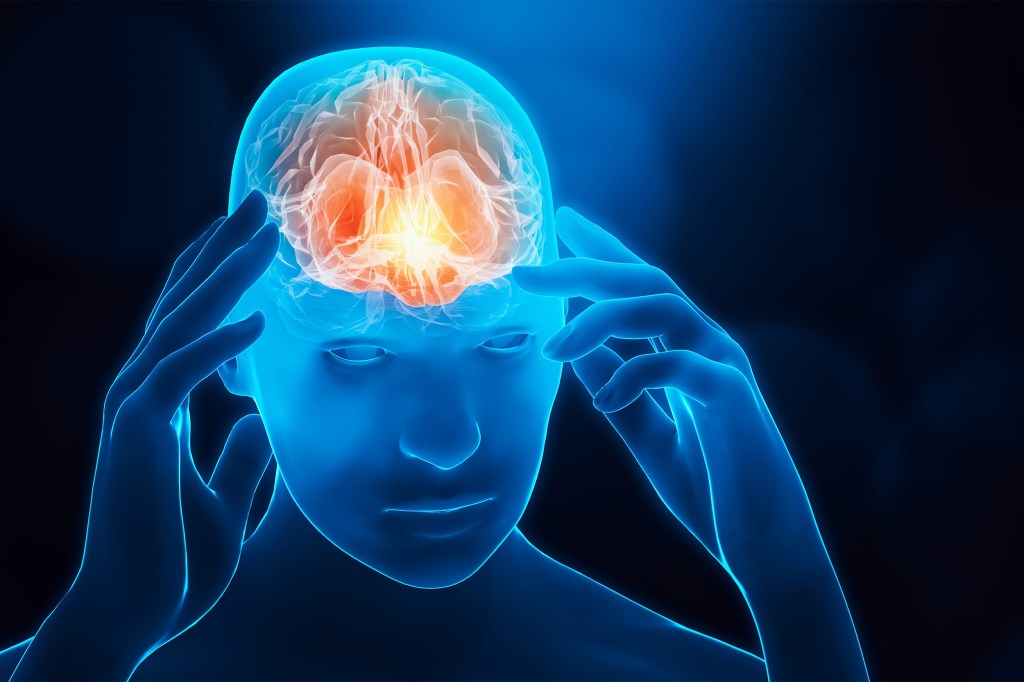
-
The politics behind ineffective COVID treatments
Across the U.S., prescriptions of hydroxychloroquine and ivermectin increased in the latter part of 2020, most significantly in counties with the highest share of people voting Republican.

-
New page in pandemic playbook
Risk assessment experts offer tips for balancing pandemic risks, as government restrictions ease.
